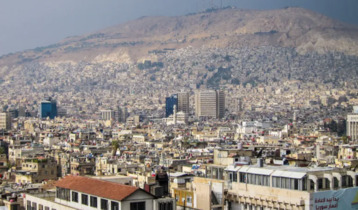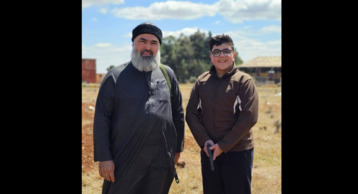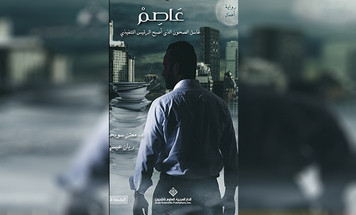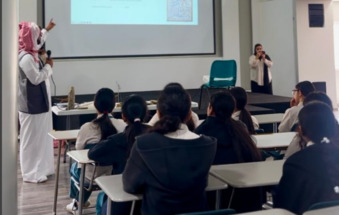-
Study shows over 5 billion would die of starvation in nuclear war

A new study has found that over 5 billion would die from starvation in the event of a full-scale nuclear war between the United States and Russia.
That’s the worst-case scenario in a Nature Food study published on Monday (August 15) that examined the indirect death toll caused as soot from burning cities and forests entered the atmosphere, The Hill reported.
According to a statement accompanying the study, the Rutgers University team arrived at that death toll by estimating how much global crop yields would suffer as the drifting clouds blocked out the sunlight that feeds plants that feed people.
First, researchers estimated the quantities of ash that would be thrown up by nuclear wars of varying size, as major cities in India, Pakistan, the United States or Russia burned.
Then they loaded that into a U.S. government-sponsored climate forecasting tool to track how that ash would move around the globe — and where and how much it would impact food production.
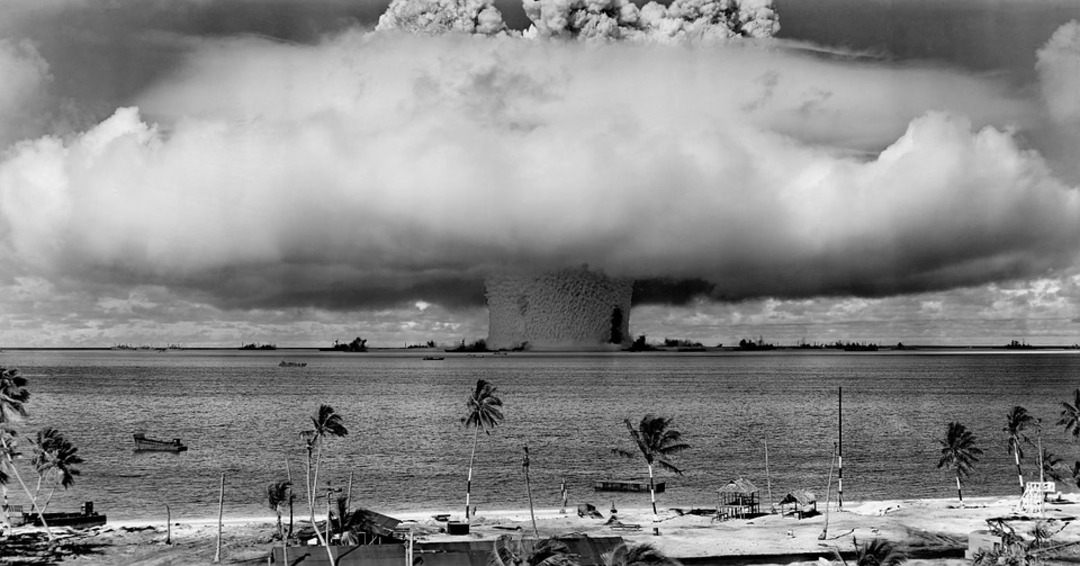
In the event of a U.S.-Russia nuclear war, the model found that the planet’s wind patterns would bring circling clouds of smoke and particulates to the skies above major food exporters like the U.S., China, Germany and the United Kingdom.
Crashing crop yields in those countries would trigger a cascade of escalating consequences that would draw the rest of the world into the crisis. With harvests collapsing, so would food exports — spreading famine across Africa and the Middle East that depend on imported food for survival.
UN chief Antonio Guterres expresses ‘clear commitment’ to North Korea denuclearization
Under that scenario, three-quarters of people on Earth would be starving within two years after the missiles stopped falling — and that would only be the beginning.
By three or four years after the nuclear exchange, global crop, animal and fishing yields would have dropped by 90 percent — spreading famine, disruption and collapse further, and triggering other feedback loops.
Much of the details of the extent to which crops would fail under such an exchange remains unclear, co-author Lili Xia of Rutgers said.
UN chief Antonio Guterres says any attack on nuclear plant is ‘suicidal'
Xia added: “For instance, the ozone layer would be destroyed by the heating of the stratosphere, producing more ultraviolet radiation at the surface, and we need to understand that impact on food supplies."
Such a war would need to reach the scale of a full-scale exchange between superpowers to spread famine far beyond the blast zone.
Even in the most limited nuclear war the team examined — a localized nuclear exchange between India and Pakistan — global food production dived by 7 percent from soot and ash from the explosions entering the atmosphere.
That number is far smaller than the crop failures the model found for the U.S.-Russia case study. But it’s also bigger than any disturbance to world food supplies since the U.N. Food and Agriculture Organization started tracking them.
On Hiroshima anniversary, Guterres warns nuclear weapons a ‘loaded gun’
Such a disruption would detonate against a world already facing the prospect of falling crop yields from climate change.
A NASA NASA study last year — also in Nature Food — found that corn yields would begin to fall by 2030, suggesting that “major breadbasket regions” would begin to face the risks from human-caused climate change “sooner than previously anticipated.”
The conclusion of the new research was clear: that nuclear war would “obliterate global food systems,” co-author Alan Robock said in a statement.
South Korea offers economic incentives to North in return for denuclearization
“If nuclear weapons exist, they can be used, and the world has come close to nuclear war several times,” Robock said. “Banning nuclear weapons is the only long-term solution.”
He pointed to the U.N. Treaty on the Prohibition of Nuclear Weapons, which has been ratified by 66 nations but none of the nine nuclear states.
He siad: “Our work makes clear that it is time for those nine states to listen to science and the rest of the world and sign this treaty."
Source: thehill
You May Also Like
Popular Posts
Caricature
BENEFIT Sponsors Gulf Uni...
- April 17, 2025
BENEFIT, the Kingdom’s innovator and leading company in Fintech and electronic financial transactions service, has announced its sponsorship of the “Innovation and Sustainable Technology Solutions Competition (GU - IST Solutions), hosted by Gulf University at its main campus.
This strategic sponsorship reflects BENEFIT’s active role in advancing technological innovation and fostering sustainable solutions to future challenges. It also seeks to empower Bahraini youth by enhancing their skills, capabilities, and competitiveness in innovation and solution development—contributing meaningfully to the broader goals of sustainable development across all sectors.
As part of BENEFIT’s active involvement in the competition, the company has announced that Hanan Abdulla Hasan, Senior Manager of Public Relations and Communication, will serve on the competition’s supervisory committee. Her upcoming participation reflects BENEFIT’s forward-looking commitment to championing academic and professional excellence.
Commenting on the occasion, Hanan Abdulla Hasan, Senior Manager of Public Relations and Communication at BENEFIT, said, “We are privileged to support this pioneering initiative, which aligns seamlessly with BENEFIT’s enduring commitment to fostering innovation and nurturing the potential of Bahrain’s youth. Our participation is rooted in a deep sense of social responsibility and a firm belief in the pivotal role of innovation in shaping a sustainable future. Through such platforms, we seek to empower the next generation with the knowledge, skills, and foresight required to develop impactful solutions that address future challenges, in line with the United Nations Sustainable Development Goals 2030.”
Dr. Aseel Al Ayash Dean of the College of Engineering in Gulf University commented, “We extend our sincere gratitude to BENEFIT for their generous sponsorship and support of the Innovation and Sustainable Technology Solutions Competition. This contribution plays an instrumental role in helping us achieve the strategic goals of this initiative, namely, cultivating a culture of innovation and sustainability, encouraging efforts that address the imperatives of sustainable development, and enhancing the practical and professional capabilities of our students and participants.”
The event will bring together a diverse spectrum of participants, including secondary school students, university undergraduates, engineers, industry professionals, entrepreneurs, academic researchers, and subject matter experts representing a wide range of disciplines.
The competition seeks to inspire participants to develop and present innovative, sustainable technologies aimed at addressing pressing environmental, social, and economic challenges. It encourages the formulation of business models that integrate advanced technological solutions with core principles of sustainability. Moreover, it serves as a platform for emerging leaders, entrepreneurs, and innovators to contribute to the advancement of the Sustainable Development Goals, promote the ethos of responsible technology, and demonstrate its transformative potential across various sectors.
Attendees will have the opportunity to view a series of project presentations submitted by participants, covering diverse areas such as eco-friendly product design, smart and sustainable innovations, renewable energy technologies, water conservation and management, waste minimisation and recycling, green architectural solutions, and sustainable transportation systems. Outstanding projects will be formally recognised and awarded at the conclusion of the event.
opinion
Report
ads
Newsletter
Subscribe to our mailing list to get the new updates!

